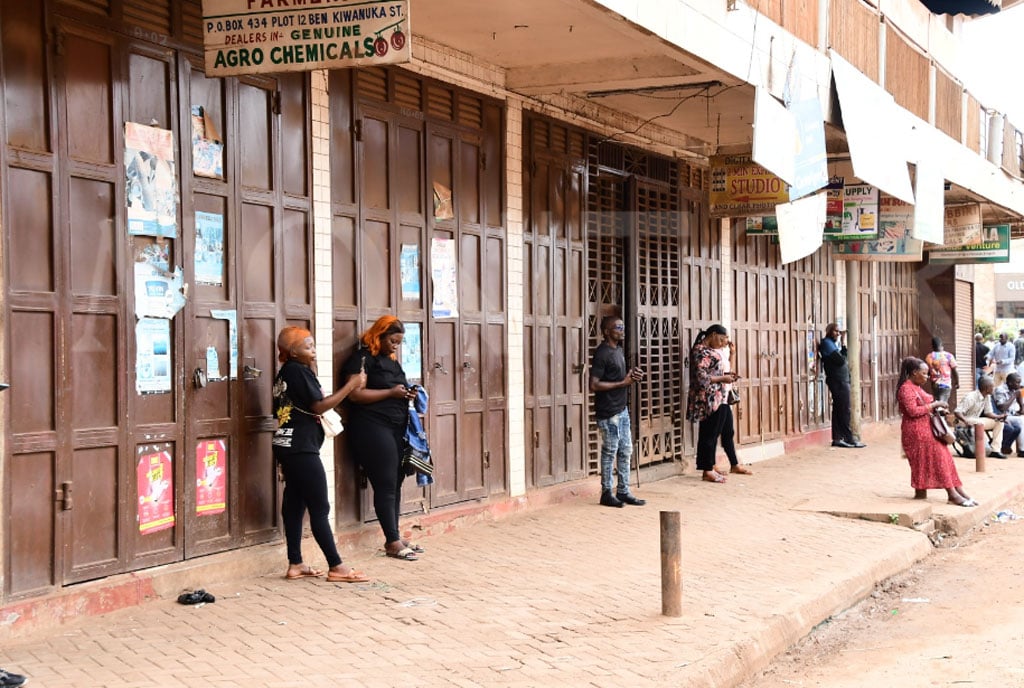No matter how well the political question is resolved, Uganda will remain weak
This last week, with all the dramatic events surrounding the recent Arua by-election still playing out and at last the arrested Opposition Members of Parliament being granted court bail, we have not seen this level and intensity of political drama since the events of late 2005 involving the arrest of Dr Kizza Besigye and the 2006 general election.
It is familiar news. The staple news menu of Uganda and in most of Africa is political drama. The front pages of newspapers are almost always about political events.
What are the key events and national developments we remember over the last 56 years?
Nearly all of them are political.
In other words, politics and the political question, with accompanying narratives about the abuse of power, the sharing of power and the abuse of human rights remains the central feature of national life.
Although I’m a political analyst and researcher, I find myself wondering when we start to deal with national issues that are non-political in nature.
When do we get to address the other vital questions of national development?
When do the crumbling upcountry towns get rehabilitated? When do we get to the stage where manufactured and designed products become at least 40 per cent of our national exports?
These days I do quite a bit of traveling about the country, documenting events, people and places in photographs.
When one thinks of the country politically, one always thinks in terms of Kampala, State House, Parliament, Cabinet ministers and the rest of it.
When one travels across and thinks of the country through the lenses of photography, it is a very different picture from the viewpoint of a political analyst.
Photography makes one more attentive than ever before. One is made to start noticing the concrete things, the minor details.
The street layout, the rundown markets and town buildings, rivers and channels clogged with rubbish, large, empty tracts of land, lacklustre infrastructure, and so on.
Our history since independence has, unfortunately, become so dominated by politics that we have left ourselves little time and interest to examine and work on the economic and physical planning areas.
When you read about or listen to discussions about hotly-contested parliamentary by-elections in Bugiri, Kamuli Municipality, Jinja East, Sheema, Arua Municipality and elsewhere in the country, the impression is of these as key political nerve centres, bustling with commerce and industry.
But just visit any of them and what we have is usually places that are in real terms at best large townships and at worst, large villages.
This is the unfortunate thing that so much of our post-independence history has been taken up by the single topic of politics, to the exclusion of so much else.
A geographical tour of Uganda, with an eye to taking photographs, is a great way to really understand the country and its limitations.
You travel through swampy land between Kampala and Mpigi and Kampala and Mityana.
There is vast, open shrub land between Lyantonde and Mbarara and between Kasese and Bunyaruguru.
You get into towns like Mbale, Fort Portal, Mbarara, Jinja, Lira, Gulu, Masaka and others and realise their limitations.
There are few shops and supermarkets with a sufficient variety of good and accessories.
Government and business entities like banks, pay TV services, mobile phone companies and others are usually located along the main street in each town, but in most upcountry towns they can’t find high-end premises to rent, even if they have the money.
It is a struggle to find adequate hotel accommodation with the full amenities expected today, such as Wi-Fi Internet, hot running water and a variety of meals.
These limitations on the ground remind one of the weaknesses of the nation-state called Uganda and why no matter how well the political question is resolved, Uganda will remain a shaky, weak state for a very long time to come.
No matter who is elected president, Cabinet minister, Member of Parliament or LC5 chairperson, the geographical make up of Uganda is something none of them can work on without foreign financing and technical advice and involvement.
The little being worked on across Uganda is the road network, ironically by Chinese who don’t even vote back at home.


